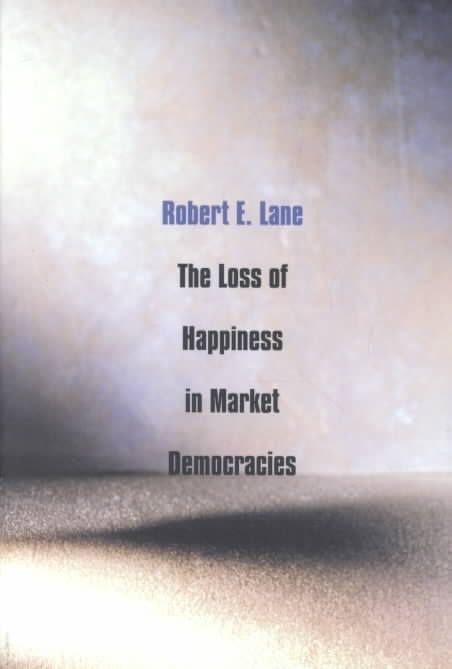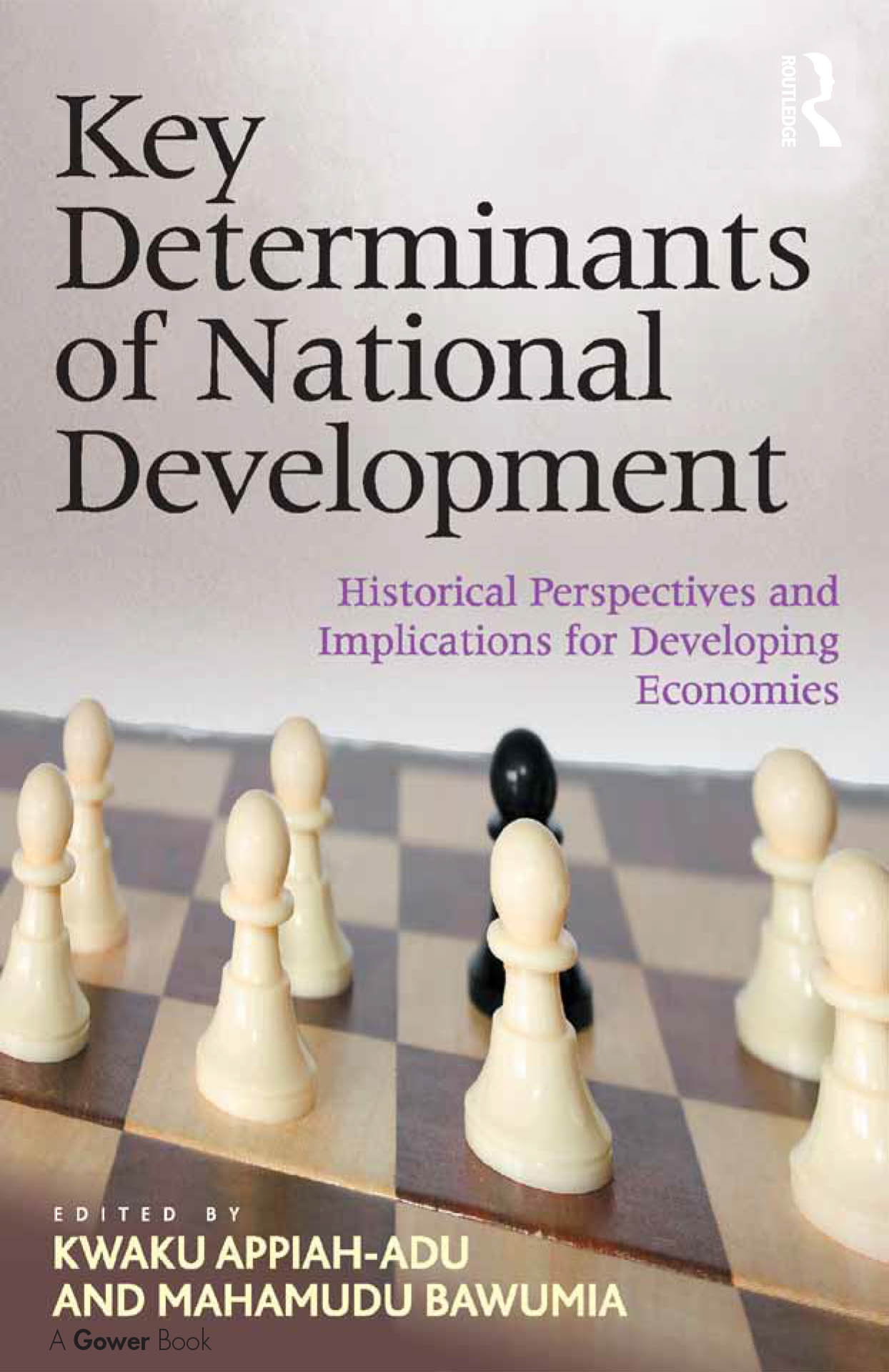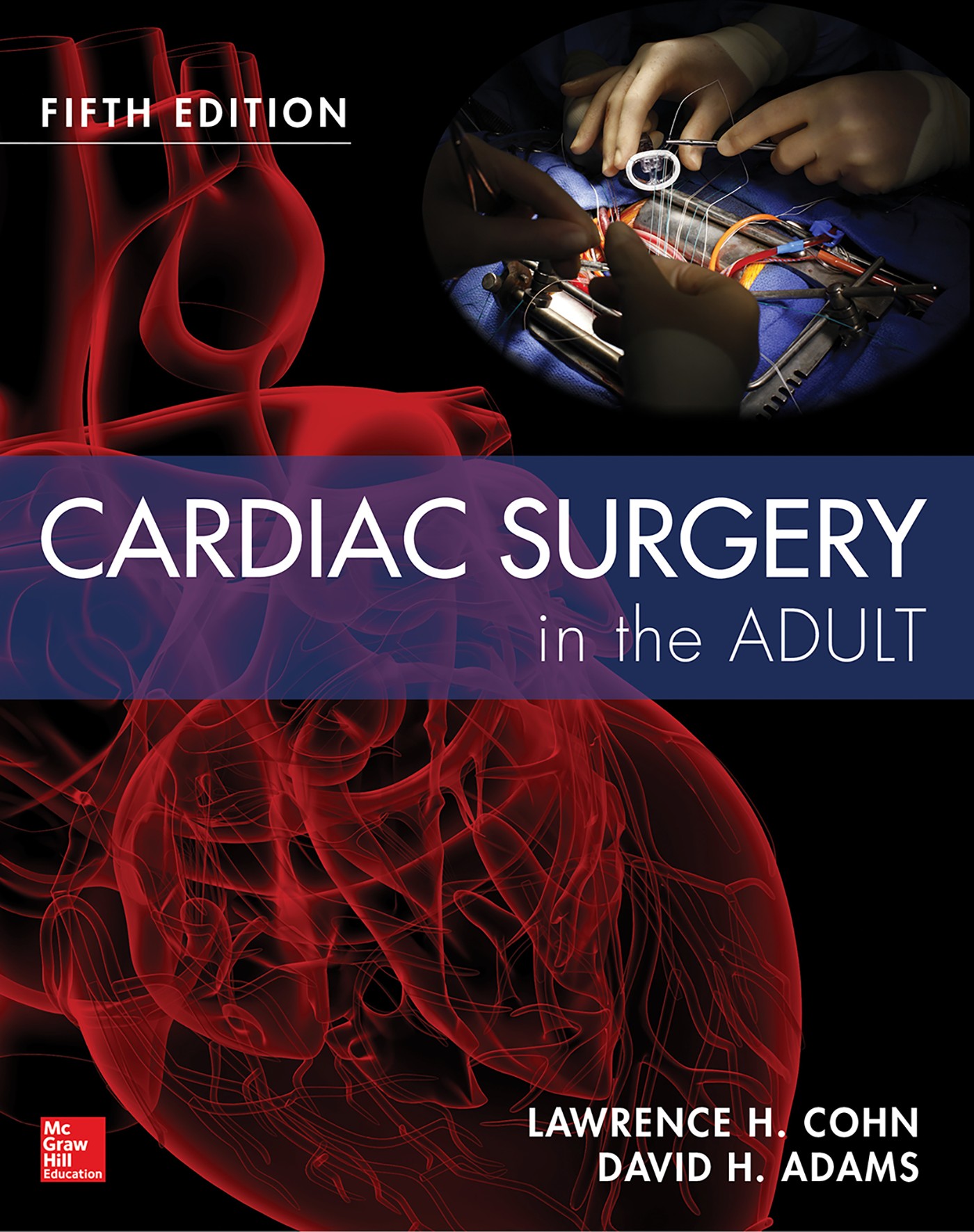This volume extends and deepens our knowledge about cross-border mobility and its role in an enlarged EU. More specifically, its main purpose is to enlighten the growing and yet rather uninformed debate about the role of post-enlargement migration for economic adjustment in the crisis-stricken labor markets of the Eurozone and the EU as a whole. The book addresses the political economy aspects of post-enlargement migration, including its broader political contexts, redistributive impacts, but also nationalization of the enlargement agenda. It also covers the experience of receiving and sending countries with post-enlargement migration and its role during the current crisis. Renowned experts in the field study, whether and how post-enlargement mobility has enabled the EU to absorb asymmetric economic shocks, how it has affected the European welfare systems, and whether it has contributed to the sustainability of the Eurozone. The authors also evaluate brain circulation as a sought-after vehicle of improved allocative efficiency of EU labor markets and propose a policy agenda for mobility in an enlarged EU.












